





































































































































Special teams more crucial than ever?
It's somewhat incongruous that in a year in which the Green Bay Packers were the Super Bowl XLV champions, the storied franchise finished near the bottom of the special teams rankings — 29th, in fact — annually compiled by NFL writer Rick Gosselin of The Dallas Morning News.
One of the alleged football truisms upon which most of us have been raised has been the trite notion that special teams units, or the kicking component, represent one-third of the game. But the Packers, with their high-powered offense and a defense that attacked the pocket in its 3-4 scheme, and finished the campaign rated No. 5 overall, flaunted that bedrock belief.
They might not be as fortunate in 2011.
In normal seasons, approximately 25 percent of all games are determined by three points or fewer, a scant differential that not only magnifies the importance of a club's field goal kicker, but its special teams units in general. The 2011 campaign, which already has been without minicamps and OTAs and might have a truncated training camp schedule, figures to be anything but ordinary. And while some might argue that the unusual circumstance could result in more lopsided outcomes — with the most experienced and stabile clubs enjoying a significant advantage — many coaches acknowledge that strong special teams play will make a difference.
"The impact (of special teams) will probably be bigger than ever," said one NFC head coach whose teams ranked in the top one-third of the league in '10, according to Gosselin's calculations. "Details are big in any year, and will be bigger if we have to play without an offseason . . . and special teams are all about details."
The kind of detail work normally associated with special teams, the repetition that is often necessary for return or coverage units to mesh, could be reduced by a condensed preparatory schedule for 2011. It makes some sense that coaches will invest time and effort to ready their offenses and defenses for the season, and that special teams will be less a priority. The upside of the lockout is that more five- or six-year veterans who play special teams, and who might otherwise be replaced by cheaper rookies, will be able to retain their roster spots. The tradeoff, however, is that they might get less work in practices.
Still, there is something to be said for continuity, and that's a commodity that, as far as special teams, will be a prized commodity in 2011.
Because the lockout has made it a little more difficult to maintain completely accurate and updated contract databases, the exact number might be a bit off: But it appears as if only about 10-11 franchises in 2011 currently have under contract all six major puzzle pieces from last year's special teams units: kicker, punter, deep snapper, primary punt and kickoff return specialists, and leading tackler.
At least three league teams list both their incumbent kicker and punter as pending unrestricted free agents. A fourth, Philadelphia, has an unrestricted punter (Sav Rocca) and figures to replace its transition-designated kicker (David Akers) when the lockout ends.
Pittsburgh, the other Super Bowl XLV participant, which ranked unusually high last year in the special teams ratings (ninth), counts its kicker, punter, and deep snapper among the players who might be eligible for unrestricted free agency.
Notable is that seven of Gosselin's top 10 special teams units in 2010 advanced to the playoffs. The group included all four of the franchises which played in the two conference championship games.
The teams that, because of the lockout, give special teams short shrift in 2011 may end up on the short end in general.

2024 NFL Schedule Release: Date, when does the season start?
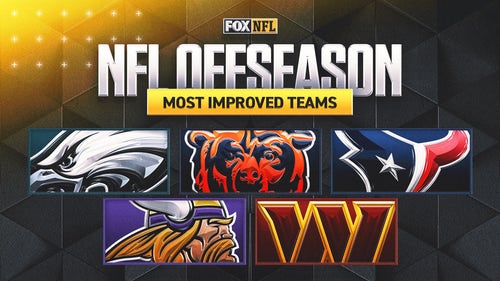
NFL's 5 most improved teams of the offseason
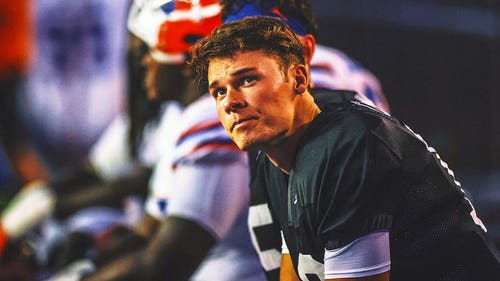
Micah Leon's 7-year college journey brings him to Dolphins minicamp
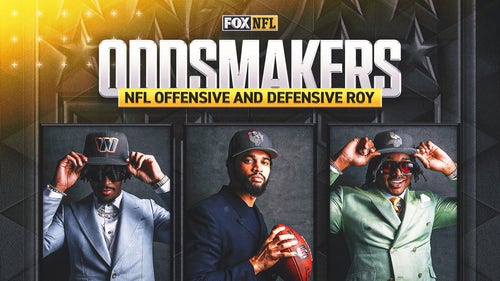
NFL Rookie of the Year action report: 'It’s a volatile market with the rookies'
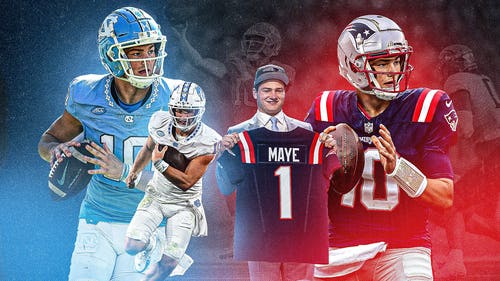
How Patriots QB Drake Maye's family shaped him to meet this moment
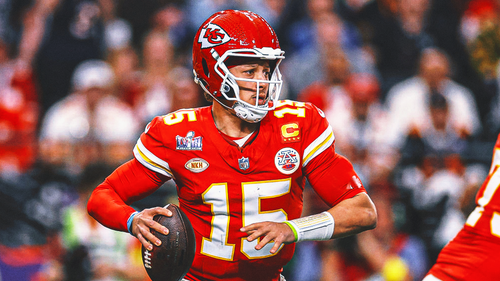
2024-25 NFL MVP odds: Patrick Mahomes, Josh Allen early favorites
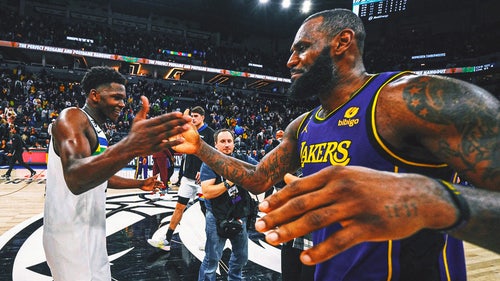
Austin Rivers calls out James Jones for career critique; Jones responds
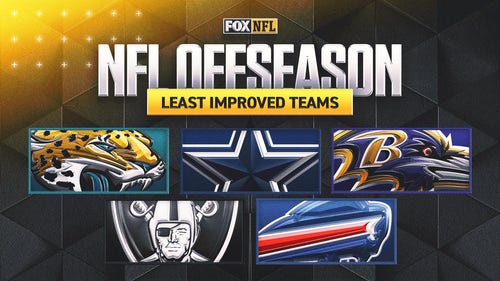
NFL's 5 least improved teams of the offseason: Cowboys or Bills more disappointing?
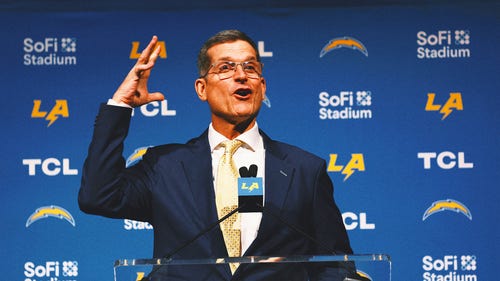
How Chargers’ WR remake reveals Jim Harbaugh’s organizational shift


2024 NFL Schedule Release: Date, when does the season start?

NFL's 5 most improved teams of the offseason

Micah Leon's 7-year college journey brings him to Dolphins minicamp

NFL Rookie of the Year action report: 'It’s a volatile market with the rookies'

How Patriots QB Drake Maye's family shaped him to meet this moment

2024-25 NFL MVP odds: Patrick Mahomes, Josh Allen early favorites

Austin Rivers calls out James Jones for career critique; Jones responds

NFL's 5 least improved teams of the offseason: Cowboys or Bills more disappointing?

How Chargers’ WR remake reveals Jim Harbaugh’s organizational shift
